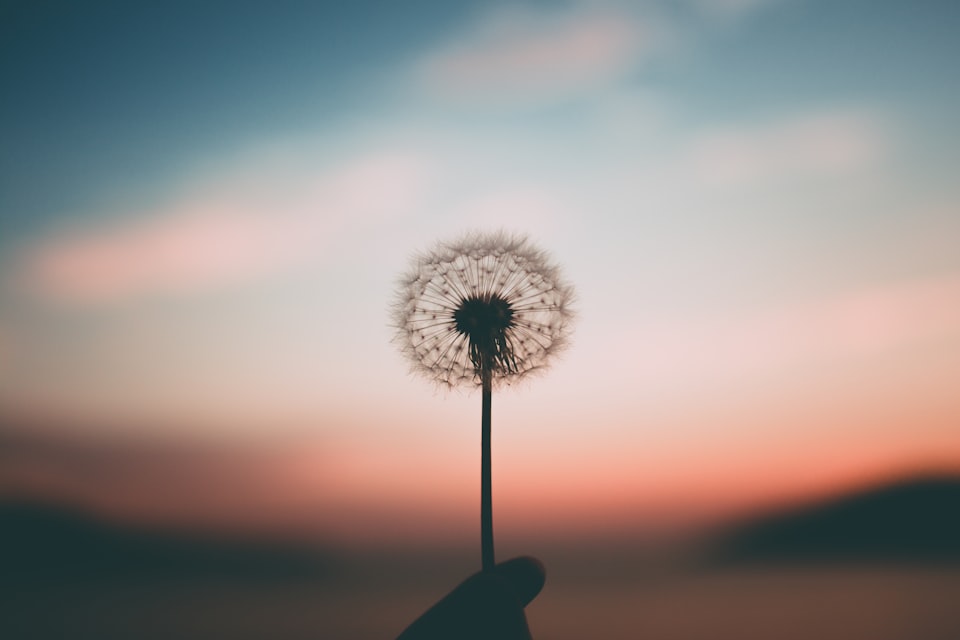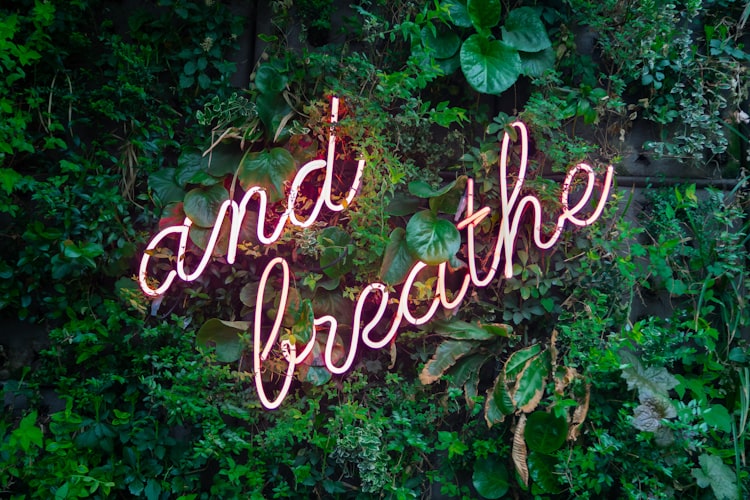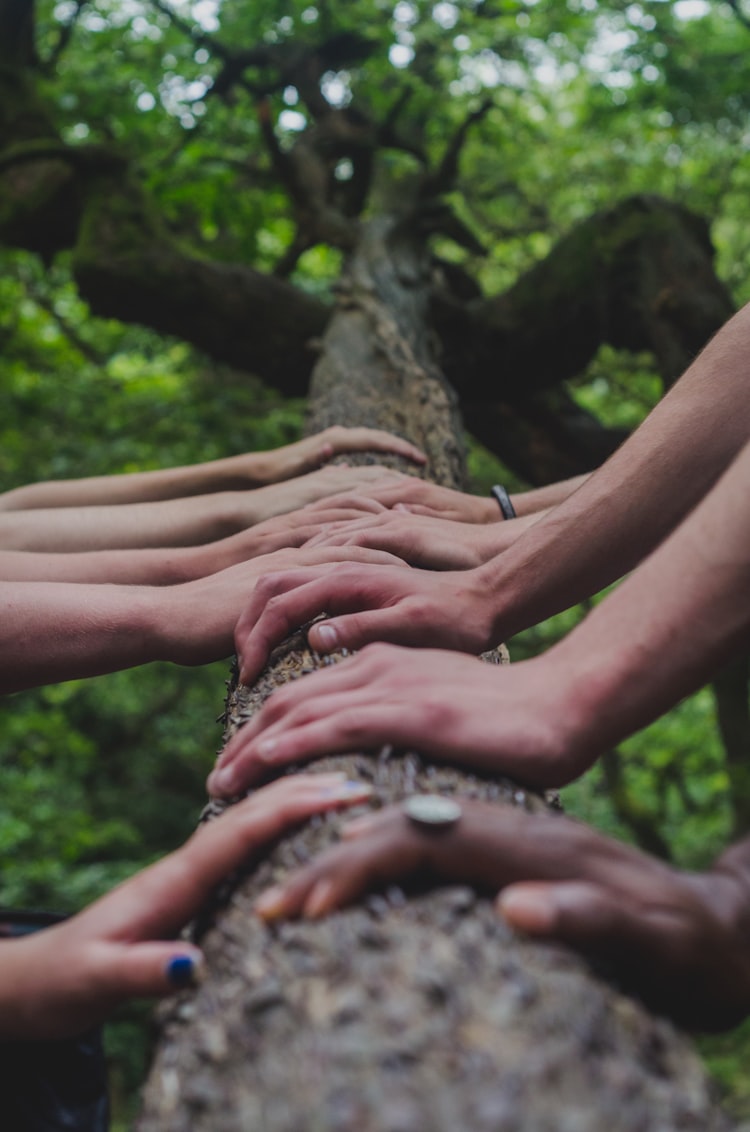A different story about mental health

I want to tell a different story about mental health today. Because today is my sister’s birthday.
I’ve written about the devastating impact of her death before, but not today.
Tomorrow I might change my mind and write about the tragedy of mental ill-health again.
But in this moment I’m sick of the story about the number of deaths by suicide.
I’m sick of the story of the millions of people effected by mental ill health each year.
I’m sick of the narrative of the 50% of people who don’t get the help they need.
It’s all so ‘glass is half empty’.
So damn depressing.
So fucking morbid.
So contagiously hopeless.
How about this story instead - just for a moment of respite:
The majority of humans face mental health challenges and overcome them.
Just like we all get colds and recover.
A large number of people don’t get professional mental health support because they don’t *want* it.
Some degree of Anxiety is normal
Periods of depressed mood are normal
The majority of depressed people do not die from suicide. In fact it is statistically rare.
13% of people have had Suicidal thoughts in their life. It’s disturbing, but not abnormal.
Stress after trauma (aka post traumatic stress) is troubling but appropriate and sometimes better described as an injury than a disorder.
The majority of people meet trauma, travel through it and come out the other side. Often achieving some sort of growth on the way back up.
It’s entirely possible and it happens every day. It’s called post-traumatic growth.
As much as I could talk all day about the tragedies that have occurred with people I love and people I’ve known or people I’ve crossed paths with, I’m really not sure that this is the story we need to hear all the time.
If we want to create a sense of hopelessness in the population then talking about the massive burden of mental illness is one sure way to do it.
Because the stories we tell create a sense of helplessness and futility.
These stories are only partial truths. They are problem-focused and therefore offer a negatively skewed perspective on the world.
After talking with so many thousands of people about their mental health what I’ve learned is that trauma, tragedy and episodes of serious emotional pain of some kind or another is the norm.
If you have made it through life without any of these you are the unusual one.
The predominant real world story is of survival and growth.
Not of horror but of hope.
Of our amazing ability to overcome challenges. To travel through adversity and find ourselves in a better place.
What is desperately needed is an honest, wide-spread acceptance that life is hard and life is challenging but life is precious, people are resilient and we’ll be ok.
And also, despite the very real challenges we face, the world is troubled but not doomed. I want my kids to believe that.
We’ll be ok.
If we cannot believe that to be true, then no one will fight to ensure its truth.
Humans are not a blight on the world but an extraordinary miracle. The most complex and wondrous living organism on this planet and possibly in the universe.
So the good news story:
For everyone like my sister who died there are a thousand who survived.
And as we remember the dead we should celebrate and support the survivors.
Millions get knocked down and millions get back up again.
How do those millions do it? That’s worth exploring.
How do we help them live the best life possible? That’s worth pursuing.
And how do we combat the contagious sense of pessimism creeping through society? That’s worth challenging.


